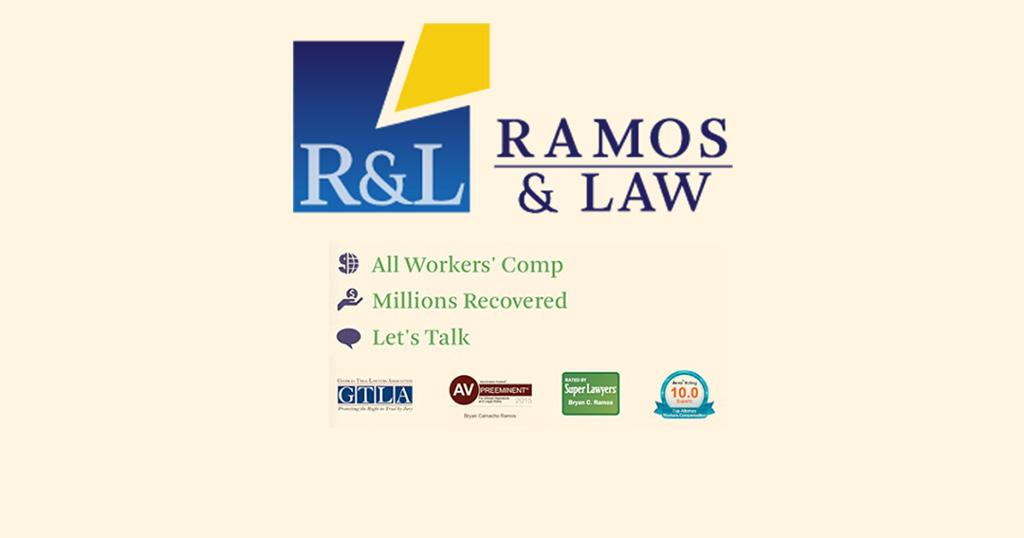
Today, many Georgia workers received a raise in pay. The Georgia minimum wage was raised from $6.55 to 7.25 per hour. While there is a debate about whether this could prolong the recession, there will also be an impact on workers’ compensation claims.
The first and most obvious will be the affect on the average weekly wage. To determine the workers’ compensation rate, the State Board will review the preceding 13 weeks of income the injured employee earned from the date of accident. Then two-thirds of the sum of the 13 weeks will be the claimant’s average weekly wage. The claimant is entitled to a comp rate up to a certain amount (set by the Georgia legislature), which is dependent upon the date of accident. For example, if a claimant’s injury was July 3, 2009 and her average weekly wage was $800, the comp rate would only be $500 despite the fact that 2/3 of $800 equals $533.36. The excess $33.36 would not be included. If the same accident occurred on July 3, 2006, the maximum comp rate would only be $450.
It is always better to strive for the maximum workers’ compensation rate despite the statutory waiver of the excess. For example, if the claimant had a low average weekly wage of $500, then the comp rate would be $333.35. This is also true in cases where the employee may return to work but for less hours because of the work injury. In these situations, the claimant may be entitled to temporary partial disability. The principal behind this form of recovery rests with the difference between the average weekly wage before the accident compared to the average weekly wage after the accident. In some cases, the injured worker may be entitled to a portion of the difference. As you can see, a higher pre-injury average weekly wage may place the injured employee in a better position to recover higher temporary partial disability income benefits.
While the wage increase may raise average weekly wages, the down side may be found in the increase in layoffs all together. Currently, Georgia has about a 10% unemployment rate. If some business owners cannot afford the wage increase, I suspect that layoffs may be necessary. Likewise, employers may look to terminate injured workers first and shift responsibility to the insurance company. In these situations, the laid off and injured employee may have certain burdens to carry before he or she is entitled to workers’ compensation benefits. Generally, this burden is called a “Maloney Burden” whereupon the injured employee must demonstrate that he or she conducted a diligent and sincere search for suitable employment within his or her restrictions. This can be a tricky proposition at this time.
If you are “under work restrictions because of a work injury” and laid off, it may be best to consult with a lawyer from Ramos & Law. The consultation is free and the attorneys are not paid unless you receive a recovery. Like other situations, there is a deadline (statute of limitations) to comply with; therefore, it would be best to contact us as soon as you are able. For more information, please call us today.
